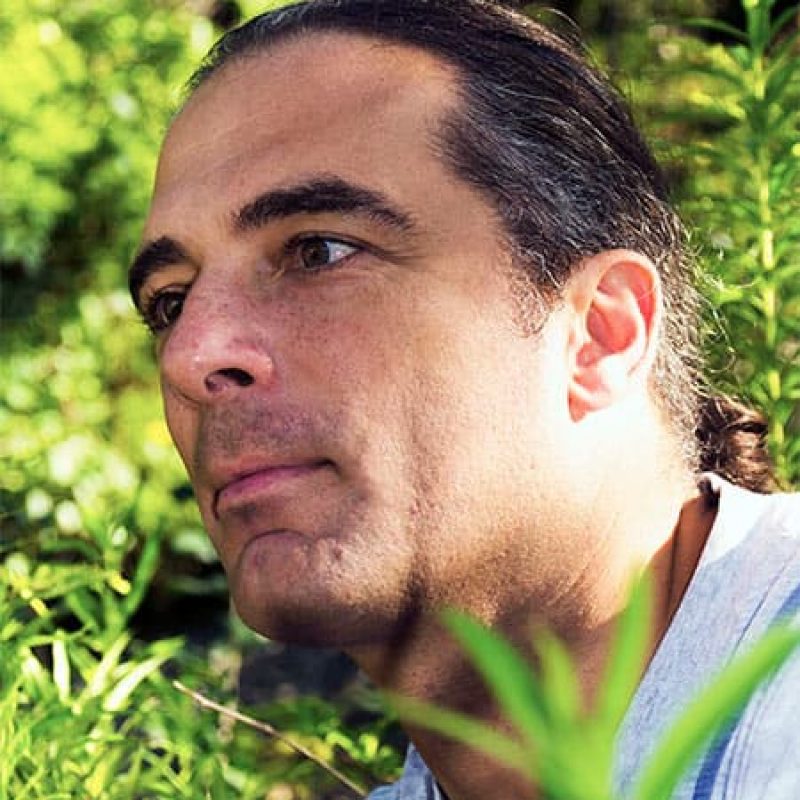Research Area: Agriculture Research
-

Andrew Flyak
The Flyak lab studies human antibody response to viral pathogens. We try to answer questions like, how do human antibodies neutralize rapidly mutating viruses? And, how can we design vaccines that mimic effective antibody responses seen in some individuals? In our lab, we isolate antibodies[...] -

Marian Schmidt
The Schmidt lab focuses on microbial community diversity, metabolic activity, and genome evolution in aquatic environments. Students will gain experience with microbial ecology and computational tools. As an example project, students can characterize the microbial communities in marine sediments associated with oyster beds to understand[...] -

Andre Kessler
The research in the Kessler Lab focuses on the ecology and evolution of plant chemical defenses (secondary metabolites) to pathogens and herbivores and the role of soil microbial communities to affect and be affected by plant secondary metabolism. Thus we try to understand how microbially-mediated[...] -

Xiangtao Xu
I am an ecosystem ecologist interested in the patterns, mechanisms, and consequences of the interactions between terrestrial ecosystems and the environment. My research program uses process-based ecosystem models as ‘numerical greenhouses’ to integrate the every-increasing heterogeneous data sets in ecology (e.g. synthesis in traits, ground[...] -

Gillian Turgeon
The Turgeon lab works on mechanisms of fungal virulence to plants with particular emphasis on the roles of fungal secondary metabolites, iron and oxidative stress. Classical genetic, molecular genetic, and genomic approaches are used. -

Christine Smart
Two main areas of study in the Smart lab include identifying genes in bacterial pathogens that enable movement within a plant, and understanding the population diversity of rapidly reproducing oomycete pathogens. These studies enhance our knowledge of pathogen virulence determinants and further elucidate how plants[...] -

Teresa Pawlowska
We study the mechanisms underlying ecological interactions between fungi and bacteria. Student projects will focus on current work to characterize the bacteria associated with mycorrhizal fungi in poorly studied desert habitats in California and Israel. Students will learn culture and microscopy techniques, and phylogenetic analysis. -

Rebecca Nelson
We study disease resistance in maize and sorghum with a substantial focus on fungal pathogens that produce toxins and cause large-scale food system contamination. We work at scales ranging from a single nucleotide (which genetic variations provide quantitative resistance) to whole-plant phenotypes (looking at tradeoffs[...] -

Gregory Martin
The Martin lab studies the molecular bases of bacterial infection processes and the plant immune system. Our research focuses on speck disease caused by the bacterial pathogen Pseudomonas syringae pv. tomato. We use diverse experimental methods in biochemistry, bioinformatics, cell biology, forward and reverse genetics, genomics, molecular[...] -

Jenny Kao-Kniffin
The goal of the Kao-Kniffin Lab is to understand the functional role of rhizosphere microbiomes in modifying plant traits. The rhizosphere harbors a tremendous diversity of soil microorganisms that enhance or inhibit plant growth. We are applying concepts in ecology and evolution to assemble microbiomes[...]
